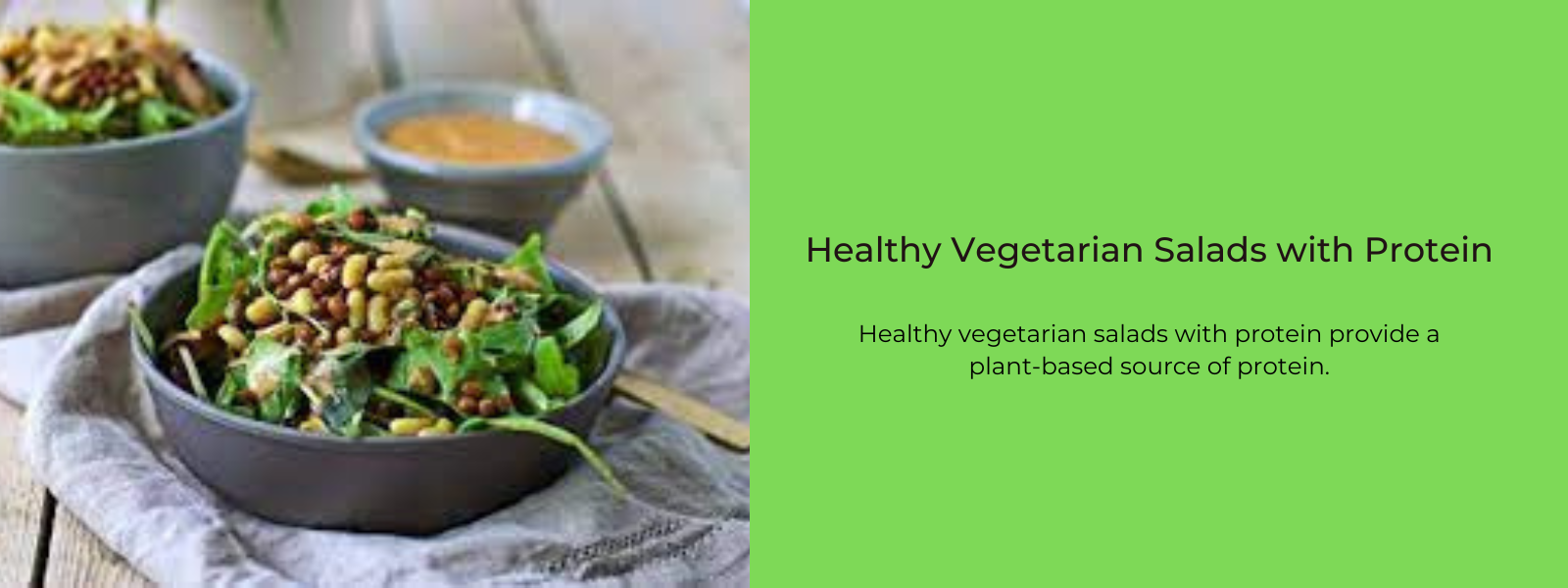Incorporating more vegetables into your daily meals is a simple yet powerful way to enhance your overall health. Vegetables are rich in essential vitamins, minerals, fiber, and antioxidants, providing numerous benefits such as improved digestion, immune support, and weight management. To increase vegetable consumption, consider adding them to omelets, salads, or smoothies, or using them as side dishes, snacks, or main courses. Experiment with various cooking methods and seasonings to make vegetables more appealing and delicious, and aim to fill at least half of your plate with these nutritious and colorful additions.
What Does Incorporating More Vegetables into Your Daily Meals Entail?
Incorporating more vegetables into your daily meals refers to the practice of adding a greater quantity and variety of vegetables to your regular diet. This includes increasing your vegetable intake at breakfast, lunch, dinner, and snacks. The aim is to make vegetables a more prominent and regular part of your meals to enjoy their nutritional benefits, which include vitamins, minerals, fiber, and antioxidants. By incorporating vegetables, you enhance the overall nutrient density of your diet and promote better health. This can involve various preparation methods, such as steaming, roasting, or incorporating vegetables into salads, soups, or smoothies, to ensure that you consume an ample and diverse array of vegetables regularly.
How Can You Incorporate More Vegetables into Your Daily Meals?
- Start Your Day with Veggies: Add vegetables to your breakfast by including spinach, peppers, or mushrooms in an omelet or scrambling eggs with diced tomatoes and onions.
- Veggie-Loaded Sandwiches and Wraps: Layer sandwiches and wraps with lettuce, tomatoes, cucumbers, and other veggies for added crunch and nutrition.
- Green Smoothies: Blend leafy greens like spinach or kale with fruits and yogurt for a nutritious and delicious morning smoothie.
- Salads: Enjoy salads as a side or a main dish by including a variety of colorful vegetables. Experiment with different types and dressings for flavor variety.
- Roasted or Grilled Vegetables: Roasting or grilling vegetables can enhance their flavor. Try this with bell peppers, zucchini, asparagus, and more.
- Stir-Fries: Make stir-fries with an array of vegetables and lean proteins for a nutrient-packed, one-pan meal.
- Homemade Veggie-Based Soups: Prepare soups with a vegetable base, such as tomato, butternut squash, or minestrone.
- Vegetable Snacks: Cut up raw vegetables like carrots, cucumbers, or bell peppers for convenient and healthy snacks.
- Veggie Pizza: Top your pizza with a variety of vegetables like mushrooms, bell peppers, onions, and tomatoes.
- Veggie Side Dishes: Experiment with vegetable side dishes such as sautéed green beans, roasted Brussels sprouts, or steamed broccoli.
- Veggie Noodles: Try spiralizing vegetables like zucchini or sweet potatoes to create vegetable-based "noodles."
- Weekly Veggie Prep: Set aside time each week to wash, chop, and store vegetables for easy access in your fridge.
By incorporating more vegetables into your daily meals through these strategies, you can increase your nutrient intake, enhance the flavor and variety of your diet, and contribute to better overall health.
Benefits Of Incorporating More Vegetables into Your Daily Meals:
- Nutrient-Rich Diet: Vegetables are packed with essential vitamins, minerals, and antioxidants that support overall health.
- Weight Management: Vegetables are low in calories and high in fiber, making you feel full and satisfied, which can aid in weight management.
- Digestive Health: The fiber in vegetables promotes healthy digestion and regular bowel movements.
- Disease Prevention: A diet rich in vegetables is associated with a reduced risk of chronic diseases, including heart disease, diabetes, and certain types of cancer.
- Improved Skin Health: The vitamins and antioxidants in vegetables can contribute to healthier, more radiant skin.
- Enhanced Immune Function: The nutrients in vegetables bolster your immune system, helping your body fight off illness.
- Heart Health: Vegetables are low in saturated fats and sodium, making them heart-healthy choices.
- Better Hydration: Many vegetables have a high water content, contributing to your daily fluid intake.
- Steady Energy Levels: Complex carbohydrates in vegetables provide a steady source of energy throughout the day.
- Reduced Inflammation: Antioxidants in vegetables can help reduce inflammation in the body.
- Eye Health: Certain vegetables, like carrots and leafy greens, contain nutrients that promote good eye health.
- Variety and Flavor: Incorporating vegetables adds diversity and flavor to your meals, making them more enjoyable.
- Balanced Nutrition: Vegetables provide a balanced mix of nutrients, contributing to overall dietary balance.
- Sustainable Eating: Consuming more vegetables aligns with environmentally friendly and sustainable food choices.











Leave a comment